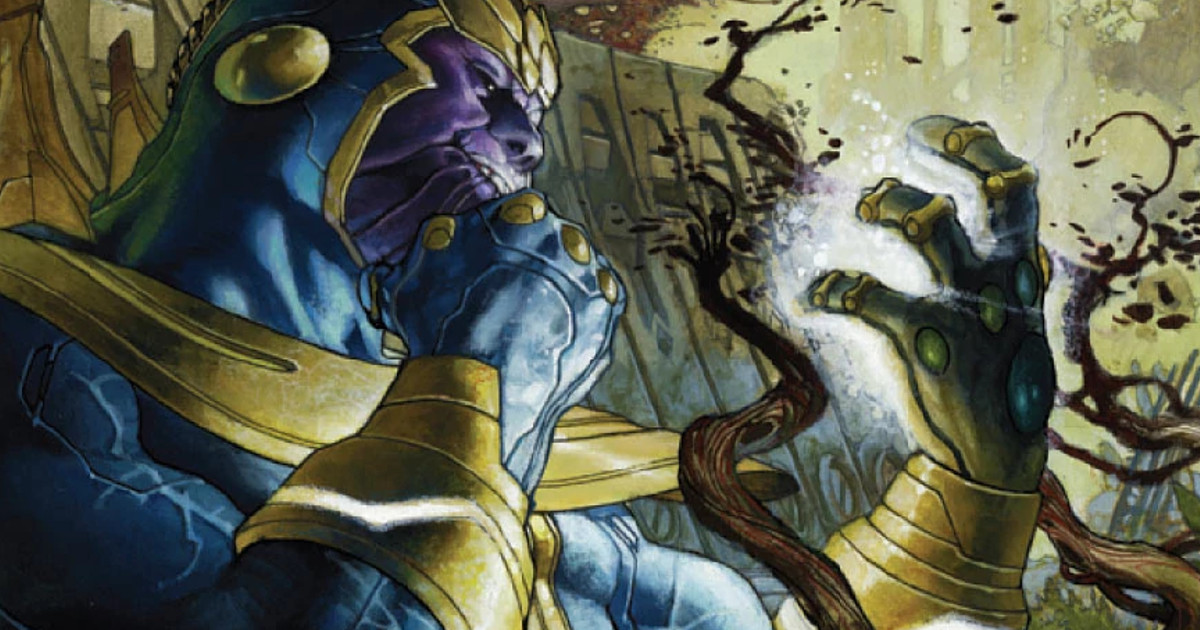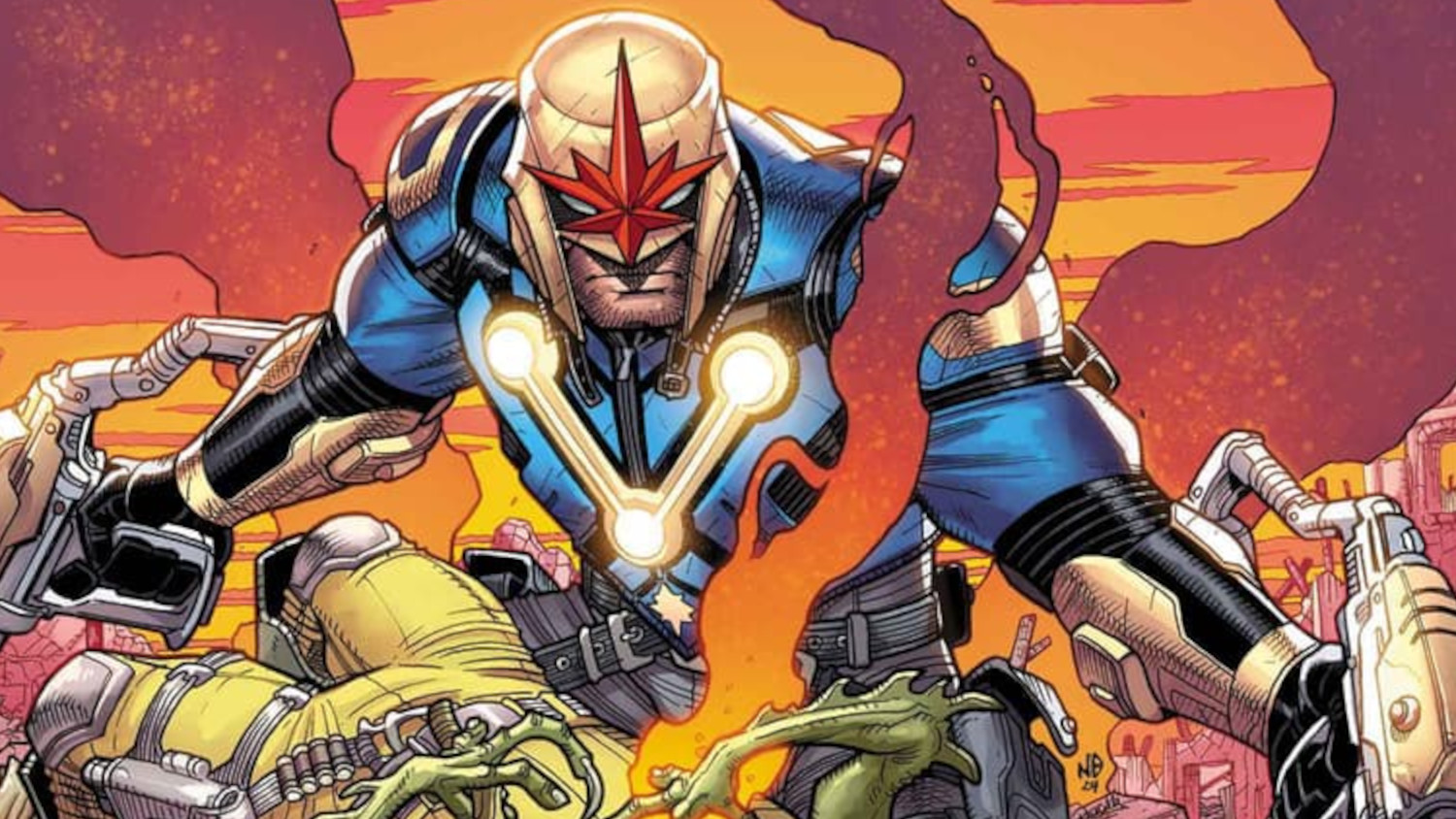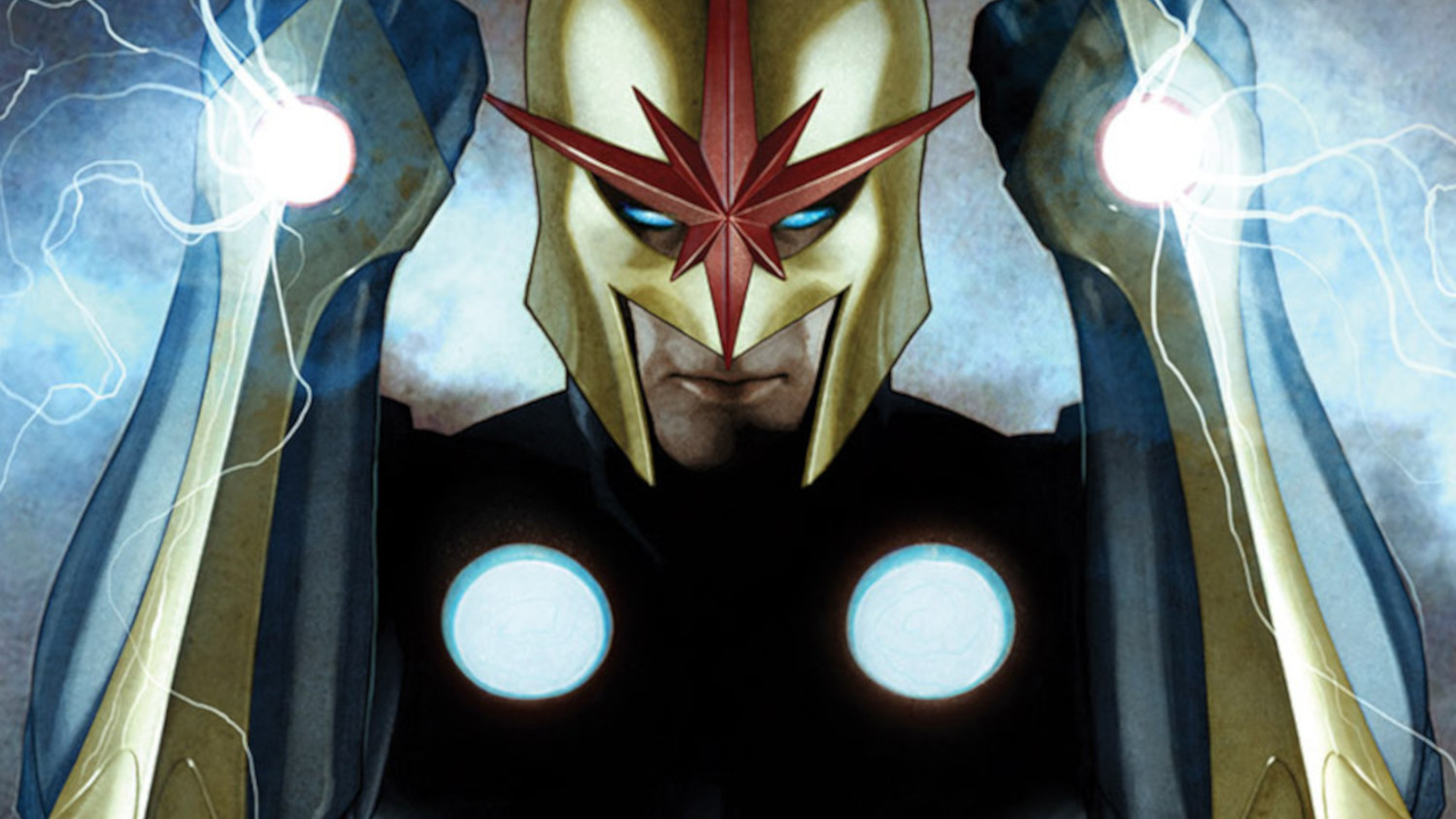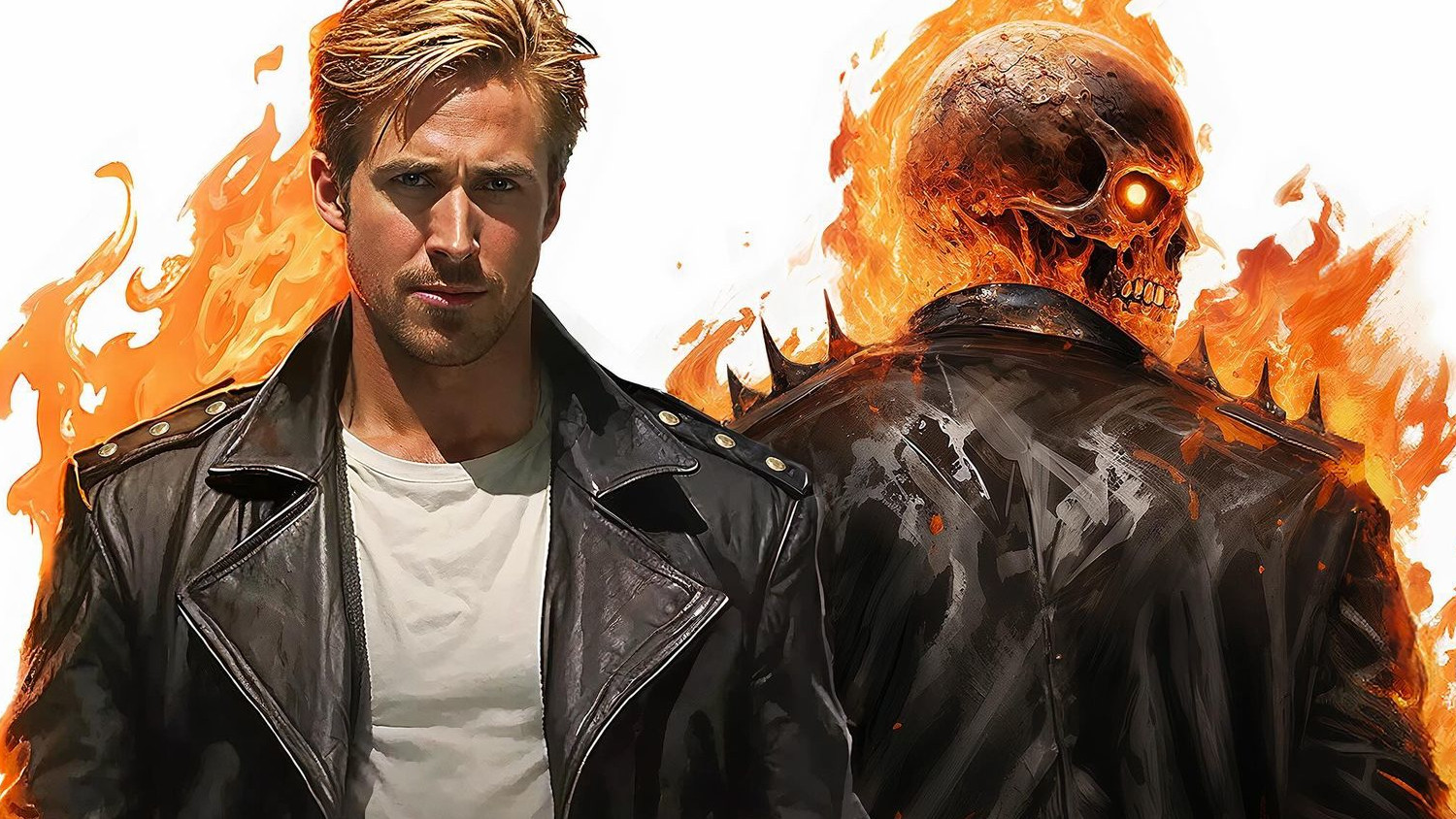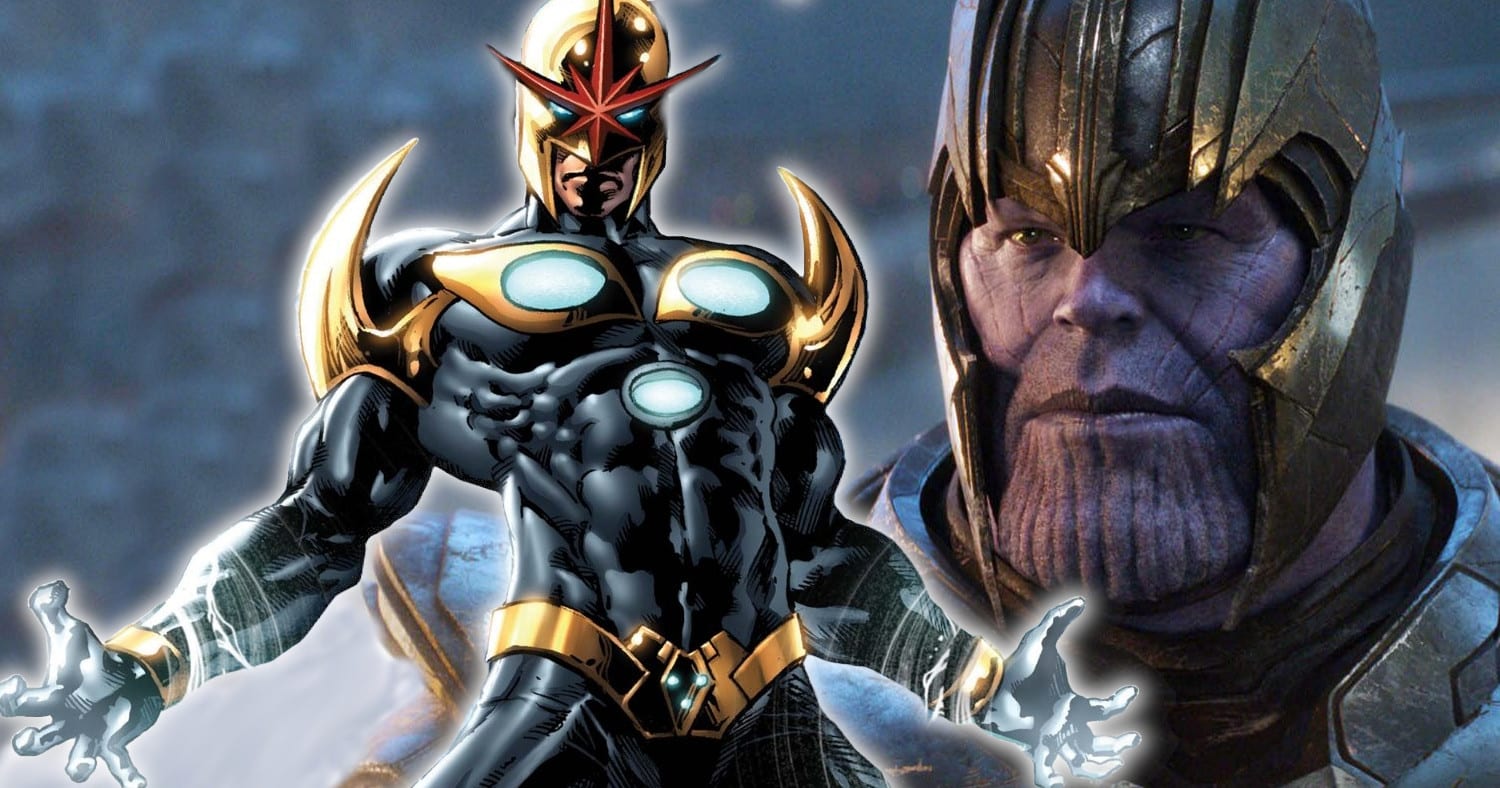I had high hopes for this one, but sadly the re-launch of Marvel Cosmic continues to under-whelm and disappoint.
That being said, origin stories are difficult and Jason Aaron has chosen a particularly difficult origin story – that of Thanos the Mad Titan – a character literally filled with contradictions. He seems to be trying to make the character more accessible to the typical non-cosmic-fan comic book reader – and like Loeb’s re-launch of Nova and Bendis’ re-launch of Guardians of the Galaxy – the story and character suffer due to that effort.
Thanos was born to Mentor and Sui-San – Eternals of Titan; Thanos carries the Deviant gene and his appearance is more akin to that of Deviants than that of Eternals. He has never exhibited the Deviant ability to shape-shift. As an adult, Thanos has historically been portrayed as a tactical, scientific, and mystical genius who has boosted his natural powers as an Eternal with bionic implants and sorcery. Thanos has historically been portrayed as having what can best be described as a “death fetish” – being literally in love with the Marvel “abstract character,” Death, and going to extraordinary lengths to please her by sacrificing enormous numbers of lives to her. However, Death has nearly always been a bi–h – rejecting almost all of Thanos’ advances.
Why wouldn’t he just kill himself to be with Death you ask? Well – he has occasionally – and in my opinion best been portrayed as wanting to die but unable to die due to his Eternal heritage or, most recently as portrayed in The Thanos Imperative, being the chosen Avatar of Death. His driving force in this portrayal is inability to completely fulfill his death fetish by killing himself to physically be with death, so doing the next best thing and killing others to please Death in the hope that in pleasing her his love for her will eventually cease to be unrequited. If I don’t think about it too much, I can buy that as a motivation – and both Giffen and DnA wrote some fantastic Thanos stories with Thanos being portrayed as a “Magnificent Bastard” with just such underlying dark motivations.
In contrast, Aaron has chosen to portray Thanos as born to a rejecting mother who wants to kill him and is driven insane in being prevented from doing so, and to an absent and neglectful father. Thanos as a child is shown to be bookish, nerdy, and socially awkward. Refreshingly, he is not bullied by the other Eternal children – but is instead shown acceptance and kindness despite his appearance and social awkwardness. Thanos is initially kind to animals and becomes nauseated when dissecting one in school. Then, at the behest of a character that is just suddenly dropped into the story (and who is apparently Death), he is involved in a terrible accident where several of his friends – including the girl he has a crush on – die and are eaten by animals. Thanos survives and is wracked by survivor guilt which Death capitalizes upon, misdirects to rage, and then focuses on the unfortunate animals which ate Thanos’ friends. Thanos then cruelly knife-kills all the animals while Death stands in admiration of his cruelty.
Wow. I can see how this psychological pseudo-drama will appeal to the non-cosmic-fan who has little knowledge of Thanos other than his occasional tussle with The Avengers. As a cosmic fan, I’m a bit perturbed by all the inconsistencies with continuity – both with Thanos in particular and with the Titanian Eternals in general.
In Aaron’s interpretation, Thanos is basically a nerd turned into a typical sociopath by bad parenting and the direct manipulation of the abstract character, Death. At this point, Thanos is neither a compelling nor a sympathetic character. He’s just an enormous bore who is being manipulated. That makes it hard for me to see how he becomes a threat to the universe.
The art and coloring are certainly respectable, but lack the crispness and definition that are the only saving graces of Marvel’s other two “pseudo-cosmic” titles.
All-in-all, unless this title saves itself in upcoming issues, it stands as yet another example of the decline in Marvel Cosmic from its most recent height late in the last decade.
